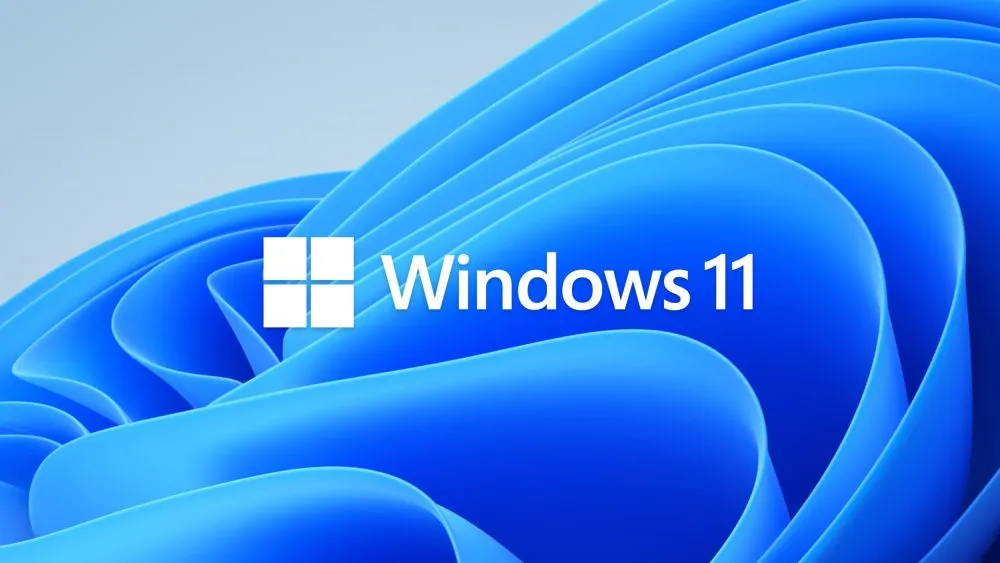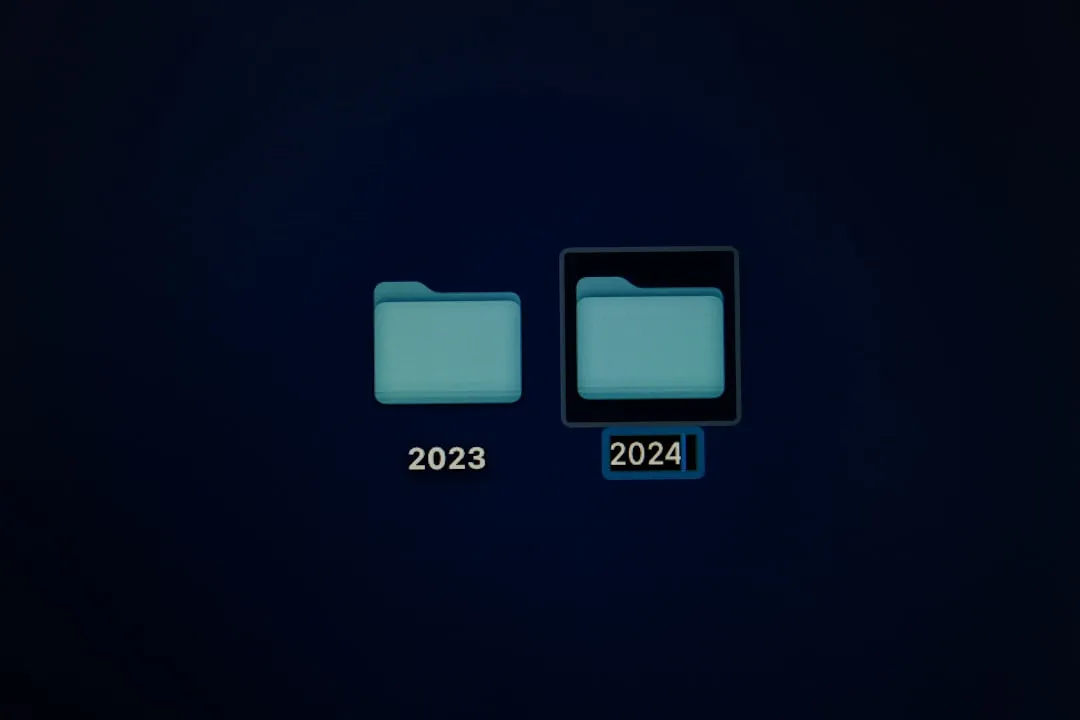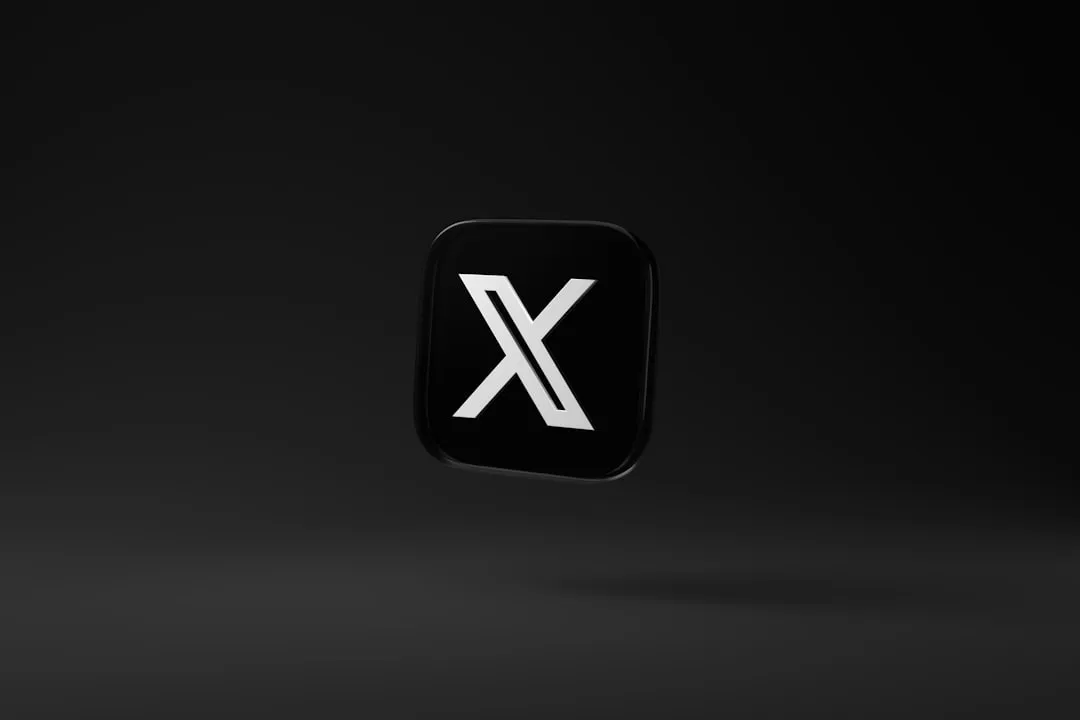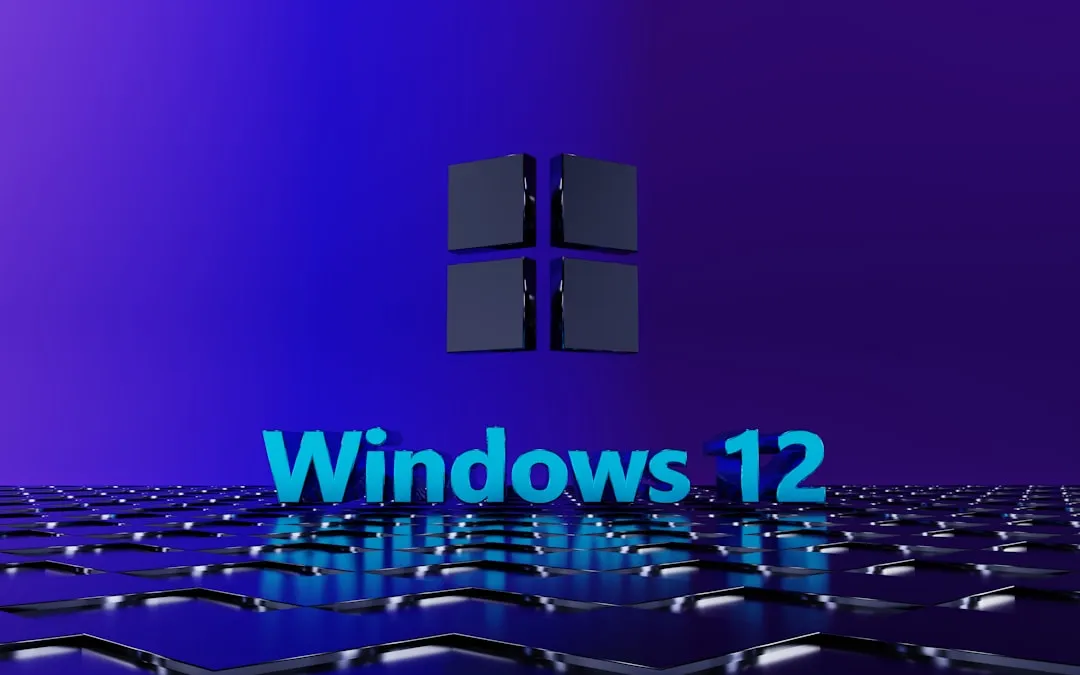Reviewed by: Y. Garcia
Windows 11 is getting its biggest shakeup since launch, a pivot to what Microsoft calls an "agentic OS." This is not a sprinkle of AI features; it is a rethink of how you use a PC day to day.
The idea is simple and bold. AI agents become partners in your computing life. Instead of juggling apps and repeating the same clicks, you hand off workflows to intelligent assistants that run autonomously while you focus on what matters. Why were we clicking through menus for years?
Microsoft is positioning Windows as a platform designed for intelligence and governance at scale, where AI agents can work on your behalf while you do something else. The change runs deeper than surface features; it reads like a new philosophy for how an operating system should behave.
A measured approach to transformation
Microsoft is not rushing the change, and that is wise. New agentic features will debut as preview experiences for Windows Insiders, with broader rollout likely not happening until 2026. Real feedback, then refinement, then scale.
The groundwork is already in the OS. Windows 11 now includes native agent infrastructure that lets you invoke and manage agents from the system itself, not through a tangle of separate apps. That points to architecture, not a quick feature drop.
Looking ahead, interaction gets more natural. Microsoft is building toward a world where voice input becomes a primary interaction method, which could reshape how we steer our machines.
It all adds up to a calculated bet on what comes next. By reimagining Windows as a platform designed for intelligence and governance at scale, Microsoft is positioning the OS not just as a place to run apps, but as an intelligent partner that understands context, learns preferences, and tackles complex tasks on its own. It feels like the kind of shift that sets the tone for the next decade of computing.
Image source: Windows
























Comments
Be the first, drop a comment!